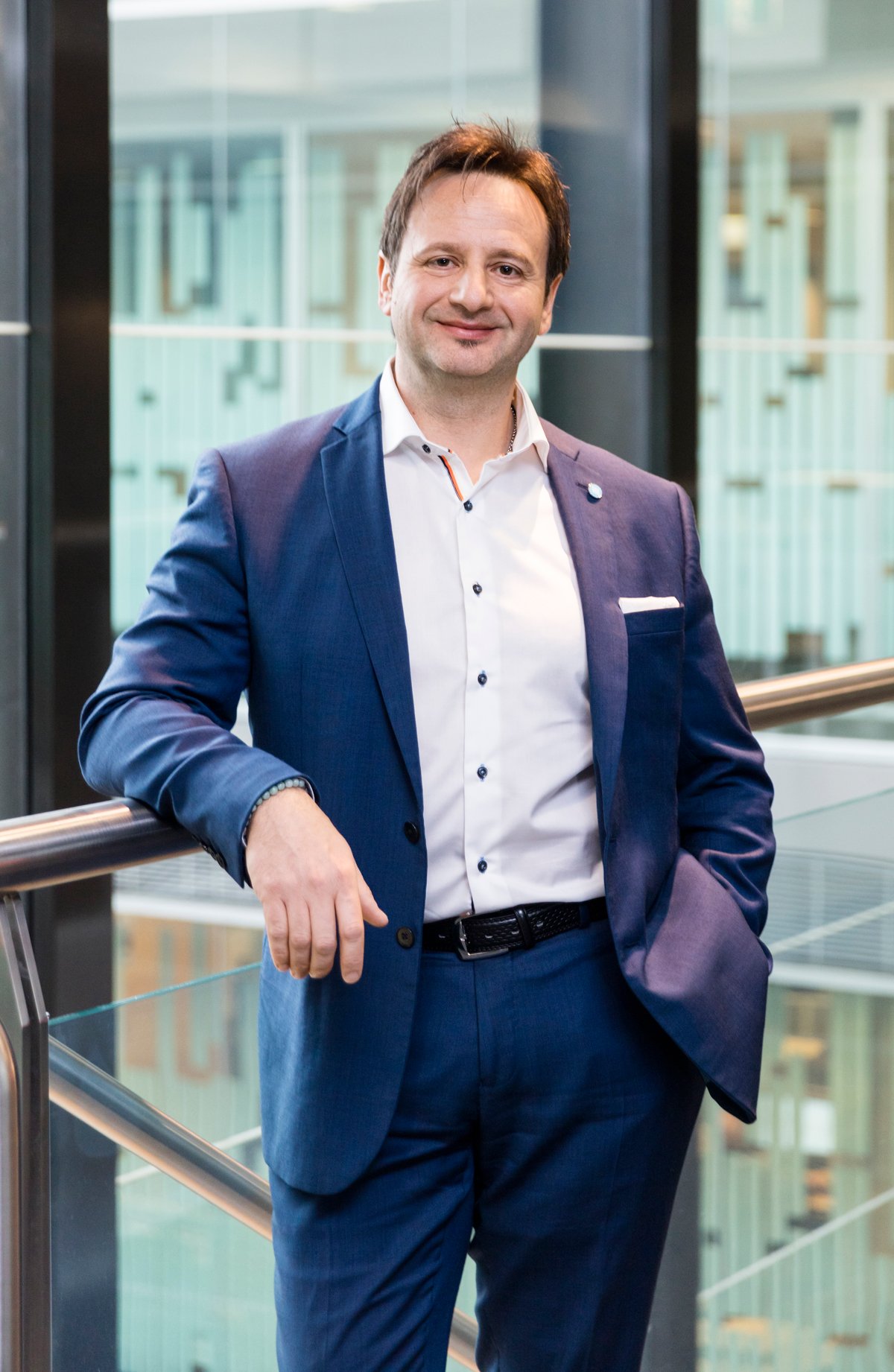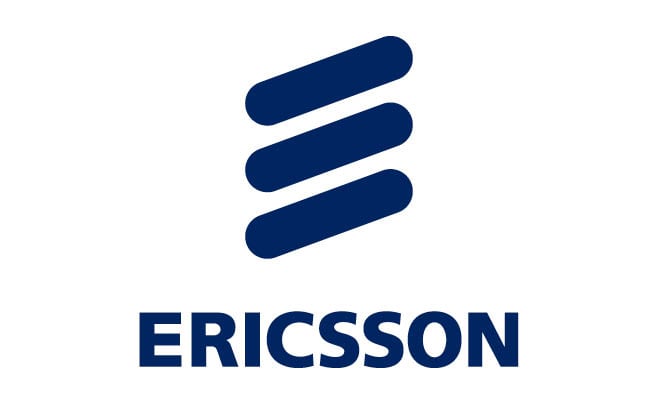Although Ericsson is a Swedish company, founded in Stockholm in 1876, only 17,000 of the company’s 116,507 employees are based there. Today, Ericsson is truly global, with its people working where its customers are, in 180 countries around the world. Forty per cent of the world’s mobile traffic now travels via Ericsson’s networks.
A global company prepared for a networked society
Providing services, software and infrastructure, Ericsson is leveraging its global reach and strong expertise to help businesses harness the opportunities it sees in its vision for a ‘Networked Society’ driven by the internet of things (IoT), 5G and the cloud. It’s a future where everyone and everything is connected.
Managing Director of Ericsson in Australia and New Zealand, Emilio Romeo, says this universal transformation has led to a transformation within the company. “The significance of the work we do at Ericsson has had an increased impact on society, on environment, business and industries. We are enabling the communications industry and other sectors to do better business, increase efficiency, improve user experience and capture new opportunities. This represents huge opportunities, because — in a networked society — anything that can benefit from being connected will be connected.”

Emilio believes most companies know they have to transform to keep up, but only a very small percentage know how to. “We’ve estimated that, across the world, half of all enterprises will kick off an IoT project this year. We’re there to provide the software and services to guide companies along the way.”
Inward transformation
Ericsson itself is not immune to the changes heralded by new waves of technology. “We’re transforming as a company,” says Emilio. “We are transforming our IT systems and have gone from having datacenters across the globe to consolidating most into three mega ICT centres – two in Sweden and one in Canada,” Emilio says It’s incredible to think about our 25,000 research and development specialists collaborating without borders across these three ICT centres and that’s just one example of how we have had to move and transform. We are in a new era where there are no barriers and there are no borders.”
Emilio says Ericsson’s engineering background and the ability of its highly talented staff to work together around the world is what differentiates the company from other big names in the industry. “Regardless of whether I’m talking to someone from Zimbabwe, Singapore, Australia or New York, we all talk the Ericsson language and that’s what sets us apart,” he says.
Recruiting talent for the future of technology
In the technology sector, where thinking ahead means making predictions well into the future, Ericsson takes its recruitment seriously, seeking out the brightest, freshest and most diverse minds. One is the Innovate Graduate Technology Program, which identifies experimental, entrepreneurial technology talent. The other is the Excellerate Global Leadership Program, designed to provide candidates with skills to lead virtual global teams, drive exciting projects forward and lead the development of a networked society.
Ericsson’s Australian Graduate Program runs for 12-18 months, with graduates rotating through different parts of the business, matched to their ambitions and skill set. A rotation approach provides Graduates with the opportunity to diversify their skills, meet new people and utilize their knowledge across various areas of the business.
I love working with the graduates. They come in with such new, fresh perspectives. Putting them into different challenging roles is where creative thinking really starts.
“We have an intake of roughly 20 graduates,” Emilio says. “I love working with the graduates. They come in with such new, fresh perspectives. Putting them into different challenging roles is where creative thinking really starts.”
Social and environmental contributions an important measure of success
Emilio believes creative thinking companies like Ericsson are bound to thrive in a connected world. “It’s a good time for someone who likes to apply technology for good. Today, the conventional measure of success, which is ROI, is being challenged. For enterprises to be successful these days, it’s not enough to show great financial statements. It’s a critical part of course, but it’s not enough. It’s also about your impact on society and the environment.”
“By 2020, 90% of the world’s population will be covered by mobile broadband networks. This scale brings unprecedented opportunity to address global sustainable development challenges. Ericsson uses our technology, solutions and advocacy to create positive impacts for our stakeholders and our business while managing environmental, social and ethical risks.”
Ericsson key facts
- Company name: Ericsson
- Global CEO: Jan Frykhammar
- Managing Director, Australia & New Zealand: Emilio Romeo
- Headquarters: Stockholm, Sweden
- Number of employees: 116,507
- Annual turnover: SEK 246.9 billion
- Industry: IT & Electronics



